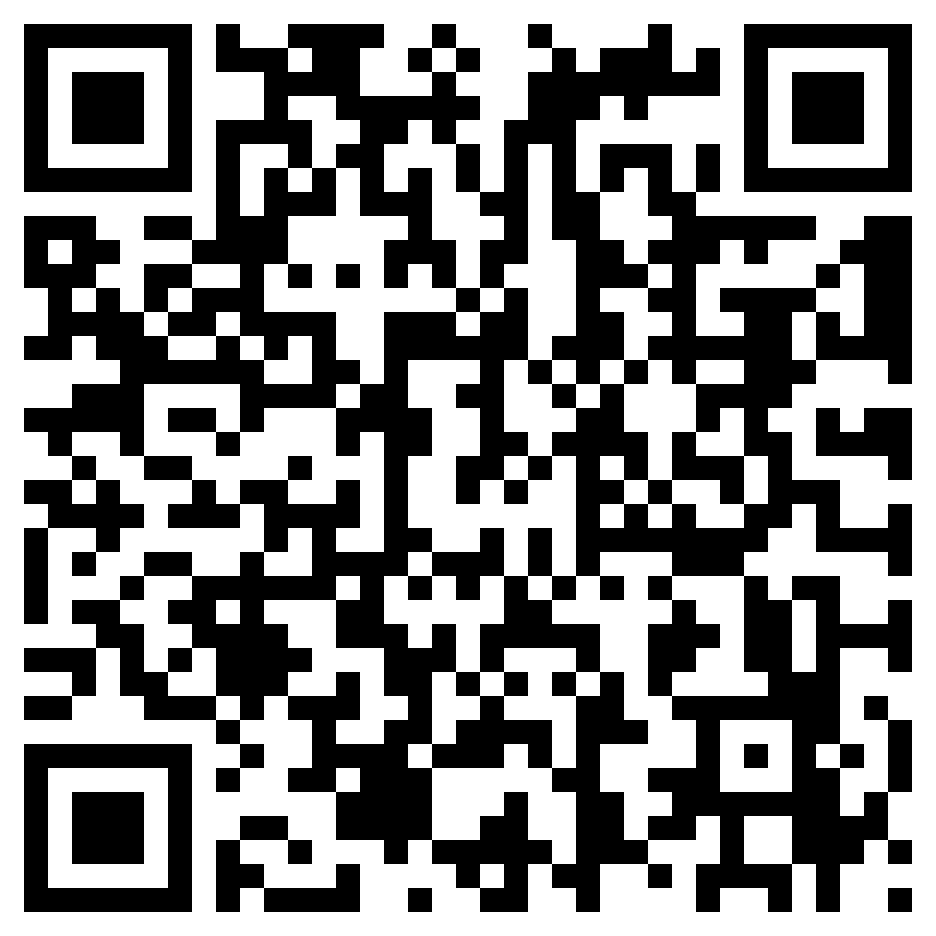Lesson 1. Changing perceptions of race and culture.
The modern meaning of the human race began to emerge in the 17th century. Since then, it’s had a spread of meanings within the languages of the Western world. What most definitions have in common is an attempt to categorize people, primarily by their physical differences. Prior to the 19th century, different races, like separate species, were perceived as permanently distinct. A second idea emerged after Charles Darwin introduced the idea of evolution. The new idea stated that humanity was interlinked, but different societies were evolving at different rates. Thus, societies were ranked depending on how “primitive” they were.
The father of cultural anthropology, Franz Boas and his students initially accepted this evolutionary consensus. They went to the Arctic Circle and Samoa in order to study the “primitive people” and fit them into the evolutionary schema. On first hand observation, they disputed the claim that fundamental differences existed between societies that were deemed civilized versus "savage" or "primitive” societies. The usage of these terms indicated a “prejudiced perception” of human culture. All human groups were fundamentally equal. They simply needed to be understood within their own cultural contexts. Different human cultures need to be valued and studied in their own terms.
The flawed notions of human race and culture were challenged by Franz Boas. Boas, along with his students, pioneered the ideas of cultural relativism. Cultures cannot be objectively ranked as higher or lower, better or more correct. However, all humans see the world through the lens of their own culture.
Lesson 2. The birth of Franz Boas’ career as an anthropologist.
Boas was born on 9th July, 1858 in Minden, in the German province of Westphalia. His family was Jewish but identified with liberal ideologies and encouraged independent thinking. From the age of 5, he was interested in the natural sciences. His interest in the history of culture was born while studying at the Gymnasium in Minden. Boas graduated with a Ph.D. in physics and a Minor in geography from the University of Kiel in 1881.
In 1883, after a year of service in the military, Boas began a yearlong scientific expedition in Baffin Island, off the northern coast of Canada. He planned to spend a year as a participatory observer. He lived with the native Inuits and studied their migration patterns. Fascinated by the Inuit culture, Boas was drawn towards anthropology. He collected ethnographic data which was not associated with the project at hand. His interest shifted gradually from analysing the external or natural worlds to studying people and their culture.
<span
Unlock Knowledge with Wizdom App
Explore a world of insights and wisdom at your fingertips with the Wizdom app.
 1 Million+ App Download
1 Million+ App Download  4.9App Store Rating
4.9App Store Rating 5000+Summaries & Podcasts
5000+Summaries & Podcasts









